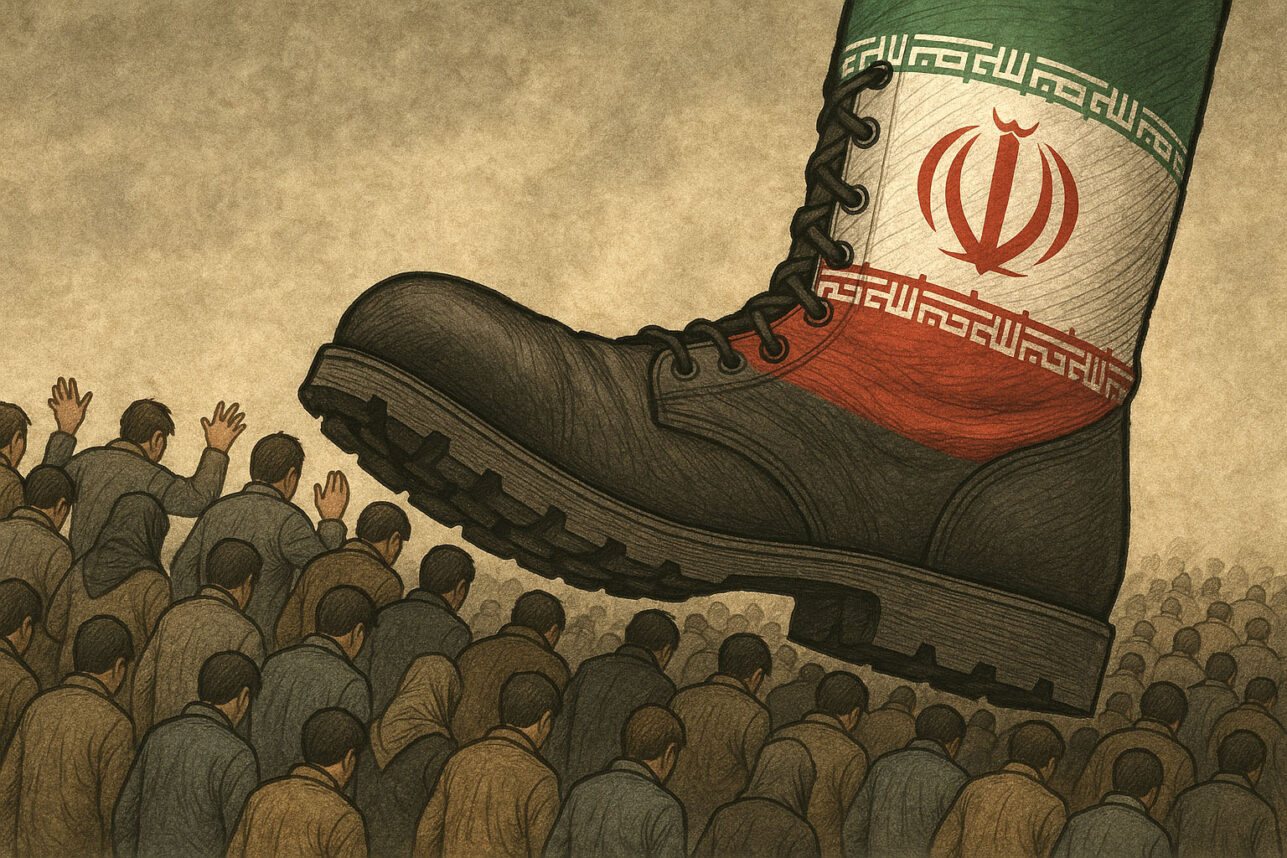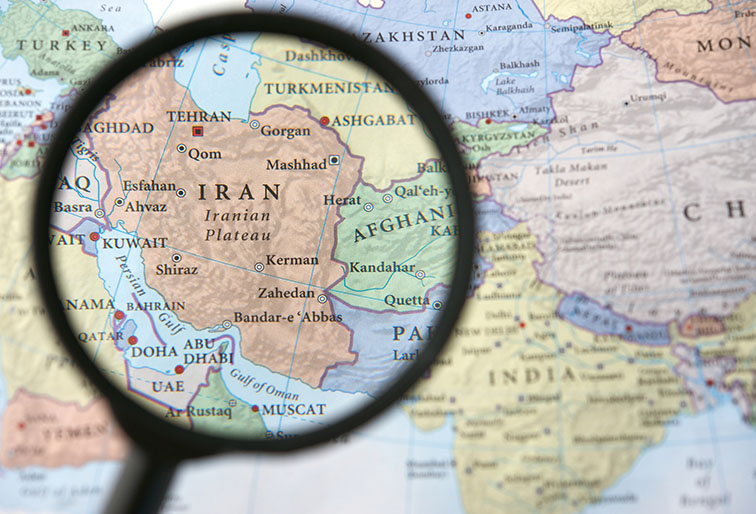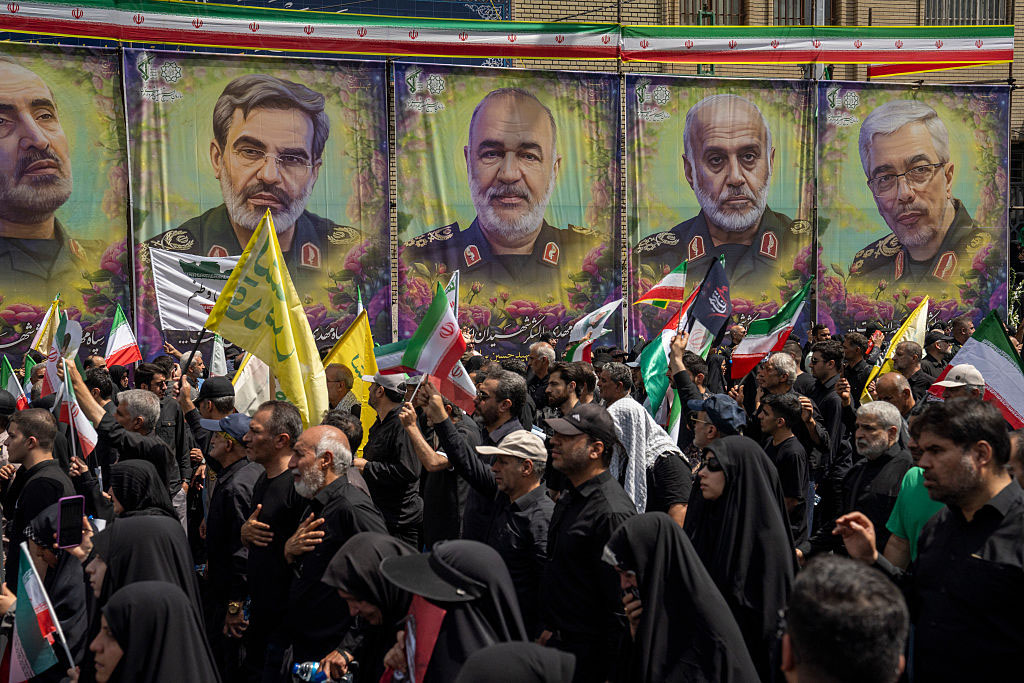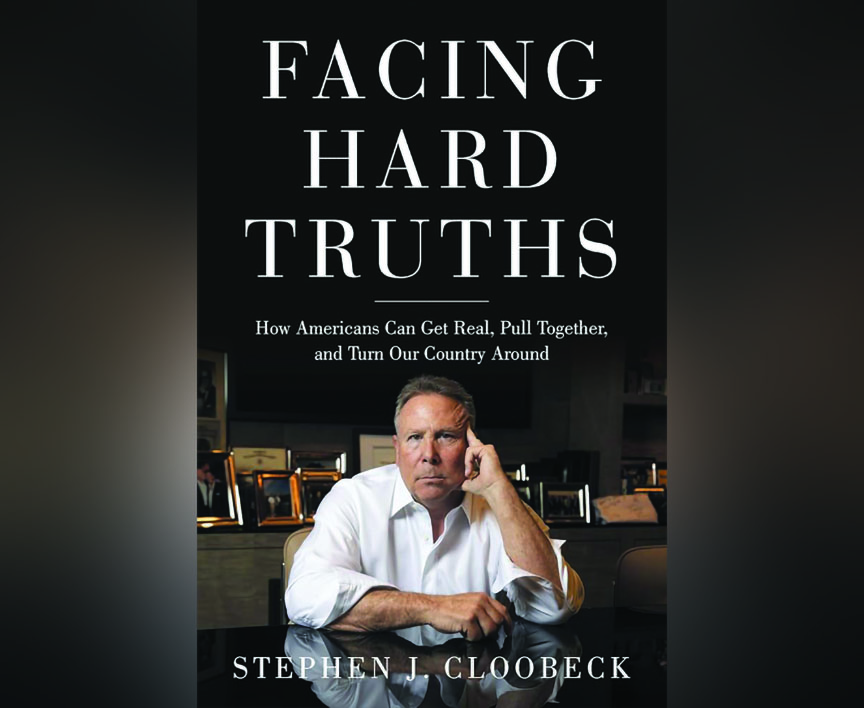
Have a happy July Fourth. Here are three comments on countries that are not celebrating Independence today – but are celebrating other things.
1.
Today is a historic day. You might not know this, as you might be too busy with thinking about other things – primaries in Israel’s Labor Party, another tweet from President Trump, the aftermath of the Kotel crisis. But you ought to pause and recognize the significance of this day – the day in which, for the first time, an Indian Prime Minister visits Israel. The day in which the perpetual warnings about Israel’s declining diplomatic status seem somewhat outdated, or at least doubtful.
A few days ago, JPPI released a book by Shalom Wald and Arielle Kandel on India, Israel and the Jewish People. It is a long and comprehensive discussion of these relations. I chose one long paragraph from the book that is the most relevant for a historic day like today: It talks about the person who is visiting Israel – Prime Minister Narenda Modi – and his ability to alter the long-term trajectory of India-Israel relations.
The question, then, is whether Modi’s victory represents a watershed in Indo-Israeli relations that will become permanent. A look at long-term trends cannot give a final answer to this question, but they can indicate the main developments that must be watched.
One decisive trend is the future of the Muslim factor. India’s Muslim population may continue growing more rapidly than the majority Hindu population. Muslim political power may become determinant in a number of key states as power continues to shift from the central government to state governments. And more Muslims may become radicalized. If these trends materialize, India’s new Israel policy may not be sustainable in the long term.
However, against these – only possible, not certain – trends stand the deep socio-economic changes that explain Modi’s victory. He won the elections with the massive support of India’s young and of India’s middle and lower middle classes who ignored or rejected the traditional warning of India’s elites and the Congress Party that voting for the BJP was anti-Muslim. This urban, mostly non-Muslim middle class, currently over 300 million people, is projected to exceed 500 million by 2025, and represents the main countervailing trend to the possible growth of Islam in India. This middle class is modern, Western in outlook, and (with the exception of some intellectuals) not interested in Palestine and the Arab-Israeli conflict. This middle class is partly indifferent, and partly sympathetic to Israel.
Modi’s victory demolished a long-held taboo in Indian politics: until 2014, it was taken for granted that a friend of Israel and the Jews – as Modi is known to be – could not become India’s leader because of Muslim constraint. With the Muslim deterrent power thus eroding, at least in the short and medium terms, other Indian politicians are likely to regard Israel in a new light.
2.
And to less important news: the Labor Party is electing a new leader today. In fact, as of this morning, it seems more likely that it will only elect the two front runners that will later have to go through another round of elections.
The list of candidates is solid, but not exciting. The question looming over this election is whether the next leader’s main job will be to put the party to rest and preside over its further decline – or whether this next leader will find a way to carve a new path for this party.
What is the source of the Labor party’s decline? I’d count four main reasons. Its pool of voters is dwindling, its message is unclear and often garbled, other parties now occupy the territory that was once Labor’s territory, and its image is one of a losing party. Can any of the competing candidates solve these problems? The answer is that some candidates hope to attract new voters from different demographics – but their message is unclear. Some candidates have a clearer message – but would not be attractive to new voters. Some candidates don’t yet have the image of losers – but also don’t have the experience that could make voters comfortable with their ability to lead the country.
Thus, the election today is the beginning of a process, not the end of it. This will be a process of exploration of opportunities: Can the party be a part of a larger bloc of parties and groups aiming to topple Prime Minister Netanyahu? Can the party and its newly minted leader draw attractive candidates to join its ranks? Can the party exploit the weaknesses of the ruling coalition and convince the voters that a different coalition is even feasible?
3.
Kotel news: a chapter from the study I am working on (with Dr. John Ruskay) on Jerusalem and the Jewish People was just published. It explains why Israel’s decision to cancel its commitment concerning the Kotel compromise elicited a sense of betrayal. This begins with the fact that Jews around the world – whether Israelis like it or not – believe that they have the right to be taken into account when decisions concerning the future of Jerusalem are made:
Diaspora Jews want to be considered in decisions made by Israel…. the more the question concerns “Jewish” themes the more inclined s/he was to want Israel to consider Diaspora views. Thus, the expectation that Diaspora viewpoints be considered… in shaping the cultural future of Jerusalem was higher than in shaping its political future.
The Kotel compromise is about the cultural future of Jerusalem. 51% of the Jews who participated in JPPI dialogue sessions told us Israel should “consider the views of non-Israeli Jews, mostly because Jerusalem is the Holy City of all Jews.”


































 More news and opinions than at a Shabbat dinner, right in your inbox.
More news and opinions than at a Shabbat dinner, right in your inbox.